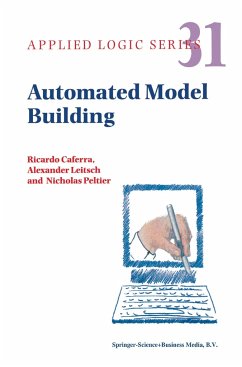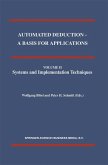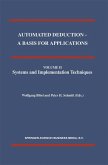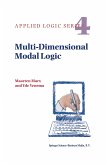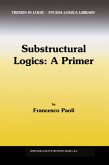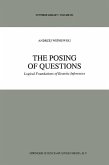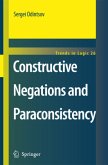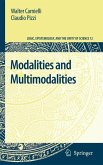On the history of the book: In the early 1990s several new methods and perspectives in au- mated deduction emerged. We just mention the superposition calculus, meta-term inference and schematization, deductive decision procedures, and automated model building. It was this last ?eld which brought the authors of this book together. In 1994 they met at the Conference on Automated Deduction (CADE-12) in Nancy and agreed upon the general point of view, that semantics and, in particular, construction of models should play a central role in the ?eld of automated deduction. In the following years the deduction groups of the laboratory LEIBNIZ at IMAG Grenoble and the University of Technology in Vienna organized several bilateral projects promoting this topic. This book emerged as a main result of this cooperation. The authors are aware of the fact, that the book does not cover all relevant methods of automated model building (also called model construction or model generation); instead the book focuses on deduction-based symbolic methods for the construction of Herbrand models developed in the last 12 years. Other methods of automated model building, in particular also ?nite model building, are mainly treated in the ?nal chapter; this chapter is less formal and detailed but gives a broader view on the topic and a comparison of di?erent approaches. Howtoreadthisbook: In the introduction we give an overview of automated deduction in a historical context, taking into account its relationship with the human views on formal and informal proofs.
"Motivated readers who want to learn more about automated model building [...] are strongly encouraged to read thid book. [...] The area is new, there are many interesting open problems and potential improvements. Because of this newness, motivated readers have a unique opportunity not only to learn interesting ideas but also, hopefully, to meaningfully contribute to this area." (Vladik Kreinovich, The Review of Modern Logic 10:3-4, issue 32, 2005-2007)

